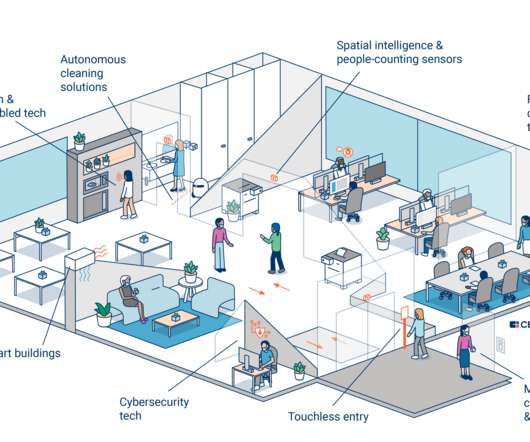FBI, BBB Sound Another Business Email Compromise Alarm
PYMNTS
SEPTEMBER 30, 2019
companies via the Business Email Compromise scam, reports in The East African said last week. Through Operation reWired, we are sending a clear message to the criminals who orchestrate these Business Email Compromise schemes that ‘I will keep coming after you, no matter where you are.’”.
























Let's personalize your content